Eminent editor stresses the need to combat anti-July Revolution propaganda from India
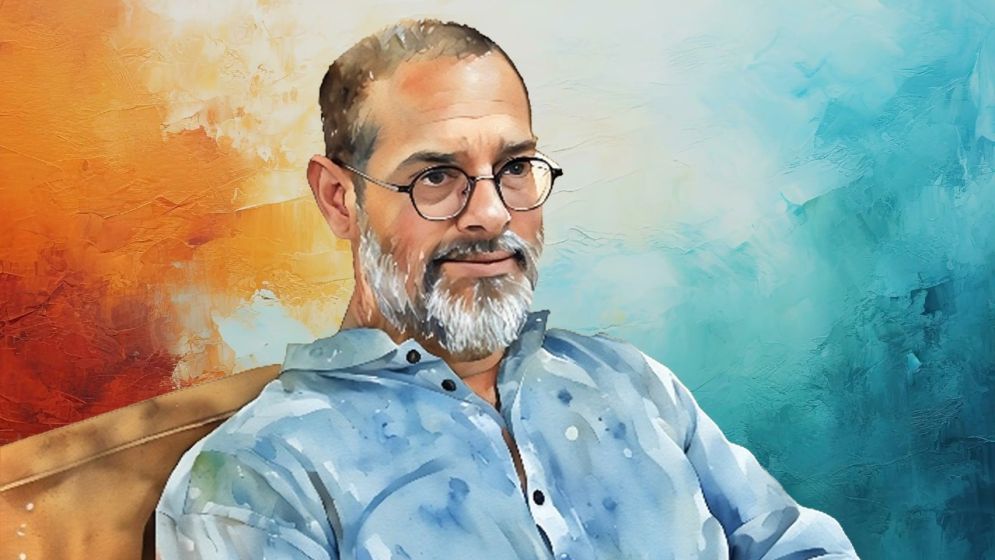
Photo: Zafar Sobhan
When Zafar Sobhan launched the Dhaka Tribune newspaper as its editor in April 2013, Bangladesh was at a critical juncture.
Just two months earlier, the Shahbagh movement had demanded capital punishment for the war criminals of 1971 who were tried in a controversial court.
A month later, the Hefazat sit-in occurred, leading to the deaths of many of its activists. These events effectively split public opinion in Bangladesh, creating a divide that the country has yet to fully overcome.
The Sheikh Hasina administration fully capitalized on this division to strengthen its authoritarian grip.
In this complex political environment, Sobhan’s Dhaka Tribune aimed to refresh Bangladesh's traditional newspaper landscape. Its editorial style was hip, the staff held progressive views, and the ownership sought to steer the urban population toward a more liberal mindset.
However, the newspaper struggled to maintain momentum as both investment and public interest dwindled. A significant factor was Hasina’s tightening control over the media and the self-censorship practiced out of fear of severe repercussions from her administration.
As a result, Sobhan, one of Bangladesh’s finest writers, ceased contributing articles. “If I can’t write what I want to write, I don’t write at all,” he stated. Notably, Sobhan was the first Bangladeshi journalist to have his work syndicated internationally, meaning foreign newspapers paid to feature his writing.
Bangla Outlook (English) editor Faisal Mahmud recently interviewed Zafar Sobhan to discuss the July Revolution, the role of the media, and the first month of the Yunus government.
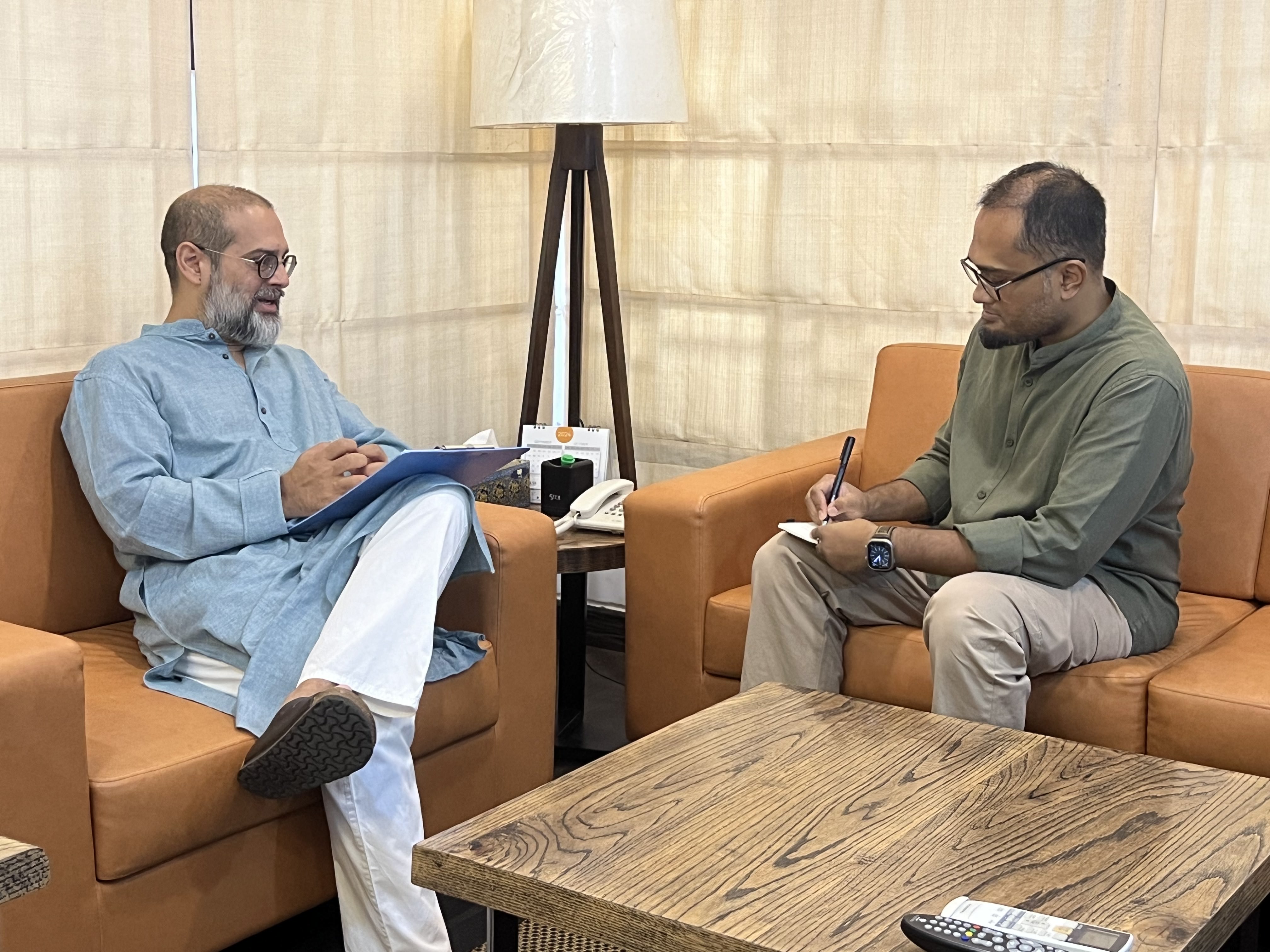
Here is an excerpt of that conversation.
Faisal Mahmud: My first question is… during my coverage of the July and August uprisings, I noticed a palpable resentment among the protesters toward the local media. I witnessed instances where they harassed and even attacked individuals from local television stations. Why do you think student protesters feel this way about the local media during the protests?
Zafar Sobhan: I think it's somewhat understandable. Over the past five years, the media in Bangladesh has faced severe restrictions, making it difficult for outlets to adopt a strongly critical stance toward the government.
Television stations, in particular, are under intense scrutiny, resulting in a lack of critical coverage. When the internet was shut down, the news media was limited, but television remained under pressure, often presenting a one-sided narrative.
I remember interacting with protesters during my daily commutes, navigating barricades and having conversations with them. They generally had a better impression of print media, as I could show them my newspaper and our reporting.
However, there was significant frustration because they wanted the media to be more vocal in their support. Toward the end, many print outlets began publishing the news that needed to be shared, but television media faced greater challenges. There were a few exceptions, like Channel 24, which I believe provided good coverage, along with one or two others.
FM: Now that Sheikh Hasina’s authoritative rule has come to an end, do you believe the media is experiencing greater freedom? If so, what types of news should it be focusing on?
ZS: The media is significantly more liberated now. There’s a stark contrast between our current situation and what it was like before August 5th. However, I wouldn’t say things are entirely open.
There remains considerable pressure not to publish stories that could be interpreted as supportive of the previous regime, overly critical of the current government, or too harsh on students and their leaders. While it’s not completely free and doesn’t meet all our expectations, it’s certainly much freer than it used to be.
At the Dhaka Tribune, we believe it’s crucial to use this newfound freedom responsibly. When the interim government takes actions we disagree with, or makes mistakes, it’s important to highlight those issues. In the last five years, it was very challenging to do so, and if we did, we had to be extremely cautious with our language.
Now, we can express our views openly, and I believe other media outlets are doing the same. There are significant concerns regarding due process violations and legal cases against various individuals, as well as issues of extortion and toll collection that have emerged. We need to report on these matters and engage in discussions about them.
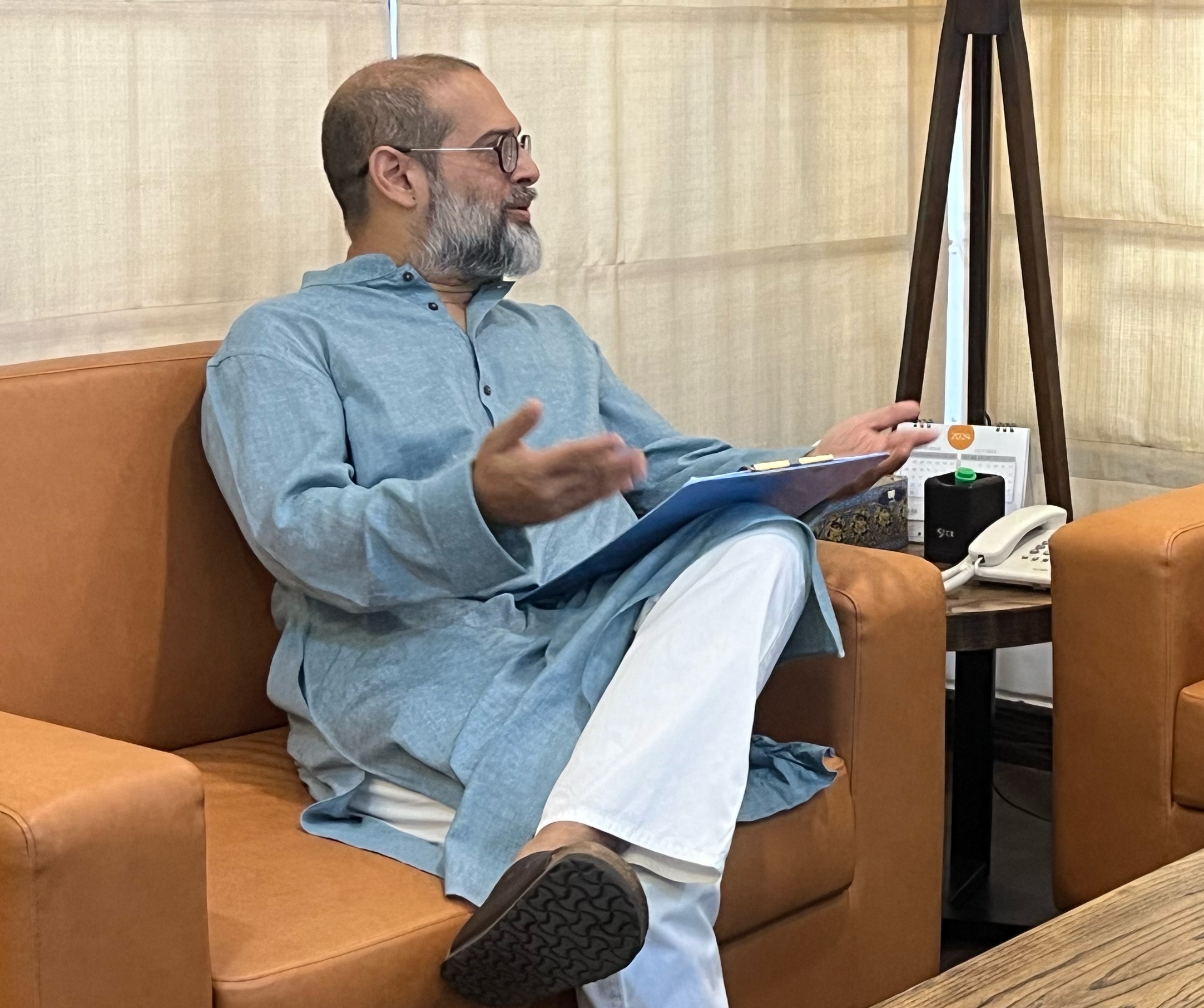
It’s essential that we don’t transition from a situation where criticizing the Awami League was impossible to one where criticizing the current government is equally restricted. That’s not the essence of what the July Revolution aimed to achieve.
FM: You've addressed a few important points. My next question relates to that: How would you evaluate Dr. Yunus's government in its first month? What are the positives and negatives? I believe you touched on some negatives earlier, but I'd like to hear more about them.
ZS: We need to be realistic. After 15 years of politicization and the deterioration of institutions, including the police, administration, and judiciary, fixing these issues won’t happen overnight; it will take time.
The process of rebuilding institutions is slow, but given our current situation, I think they’ve made good progress. They’ve also managed to restore some degree of law and order in the country.
Remember how chaotic it was the week after August 5th, with virtually no police presence on the streets? Even now, I doubt more than 50 or 60% of officers have returned to duty. They’re facing significant challenges, especially with the massive floods in the east and southeast shortly after the interim government took office—and just recently, there have been more floods.
Despite these obstacles, the interim government has its own internal complications. There are various factions to appease, including the army, political parties, and students. I'm sure there are elements within the Awami League who, while not outright sabotaging, are certainly trying to create difficulties for this government.
We’ve witnessed unrest in various sectors, including the garment industry, as well as among the Ansars. After a revolution or uprising, it's common for things to be a bit chaotic and unstable at first. There are many stakeholders to consider and manage. Given all of this, I believe the government has done a commendable job, as it's a challenging task. However, there is still much work to be done.
Specifically, we need to improve the legal and judicial system, as there continue to be significant due process violations in court cases that need to be addressed swiftly. Additionally, the overall law and order situation across the country is still lacking. While this isn’t entirely the fault of the interim government, it is crucial that they prioritize these issues. Without law and order, safety, and security, nothing else can truly function effectively.
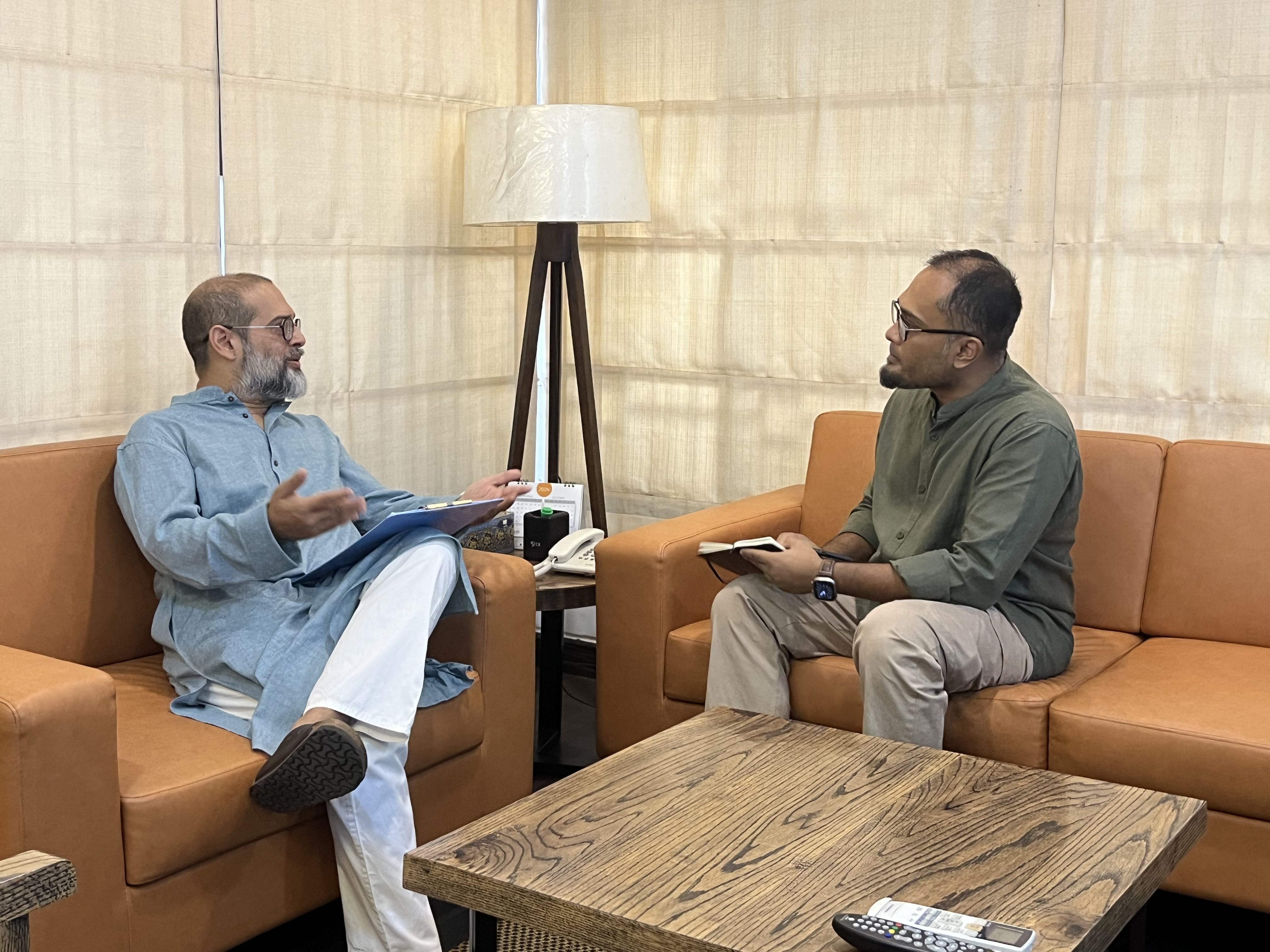
FM: Alright, here are my last two questions. I believe Dr. Yunus is perhaps the best ambassador for Bangladesh on the global stage, especially as he leads the interim government. Do you think the interim government and the media in Bangladesh are effectively countering the various forms of propaganda from Indian and other international media? Additionally, do you think we’re doing a good job of presenting our government positively to the outside world through our media?
ZS: That’s a good question. First of all, having Dr. Yunus leading the interim government is an incredible asset for sharing Bangladesh’s story, as he is a globally respected figure with significant stature.
I believe we’ve made good strides in countering propaganda. You’ve written about Indian misinformation, and I’ve contributed several pieces as well. Many Bangladeshis, including Mahfuz Anam, Shafqat Munir, Mustafizur Rahman Khan, and Parvez Karim Abbasi, have also appeared on Indian television to address these issues.
While the government may not have focused heavily on this, the media has been actively engaging in the conversation online. Unfortunately, we’re still dealing with a wave of misinformation and disinformation, largely stemming from India. That said, there is also responsible and friendly coverage from Indian media outlets like The Wire, The Print, and scroll.in, as well as journalists such as Naresh Fanandez, Siddharth Varadharajan, and Sudeep Chakravarti. I’ve noticed a shift in the narrative even in publications like Hindustan Times and Indian Express.
It’s crucial to have a counter-narrative coming from India, as the current one is not beneficial for Bangladesh or the India-Bangladesh relationship. Ultimately, it doesn’t serve India well either. Initially, there was a shock in India, but there’s a growing recognition that what’s happening in Bangladesh isn’t anti-India; it’s actually beneficial for both Bangladesh and the region. The interim government under Professor Yunus is one they should be willing to engage with.
I hope Professor Yunus can meet with Prime Minister Narendra Modi at the UN General Assembly, as that one-on-one interaction could make a significant difference. It’s important to ease tensions because neither Bangladesh nor India can afford a poor relationship.
FM: Alright, my final question is about the elections. What do you think are the chances of a third force emerging in Bangladesh, perhaps a party formed by students and other citizens? Do you believe this new party could pose a significant challenge to the two main parties, Awami League and BNP? Additionally, do you think Awami League has a viable path for a political comeback in the near future?
ZS: That’s really two questions. First, if you had asked anyone three months ago, they would have said it was impossible for a third force to emerge in Bangladesh, given the dominance of Awami League and BNP. However, the recent student-led movement has created a completely new dynamic.
There’s widespread dissatisfaction with the existing political parties, and young Bangladeshis, driven by passion and idealism, are seeking something new and better.
From my conversations with young activists and leaders of the movement, it's clear they’re not ready to return to the status quo. They are motivated to improve Bangladesh for their future, and forming a political party seems like a tangible way to achieve that.
I would be surprised if they don’t move in that direction. However, forming political parties is challenging, and keeping everyone united may be difficult due to potential doctrinal differences. They might even end up creating multiple parties.
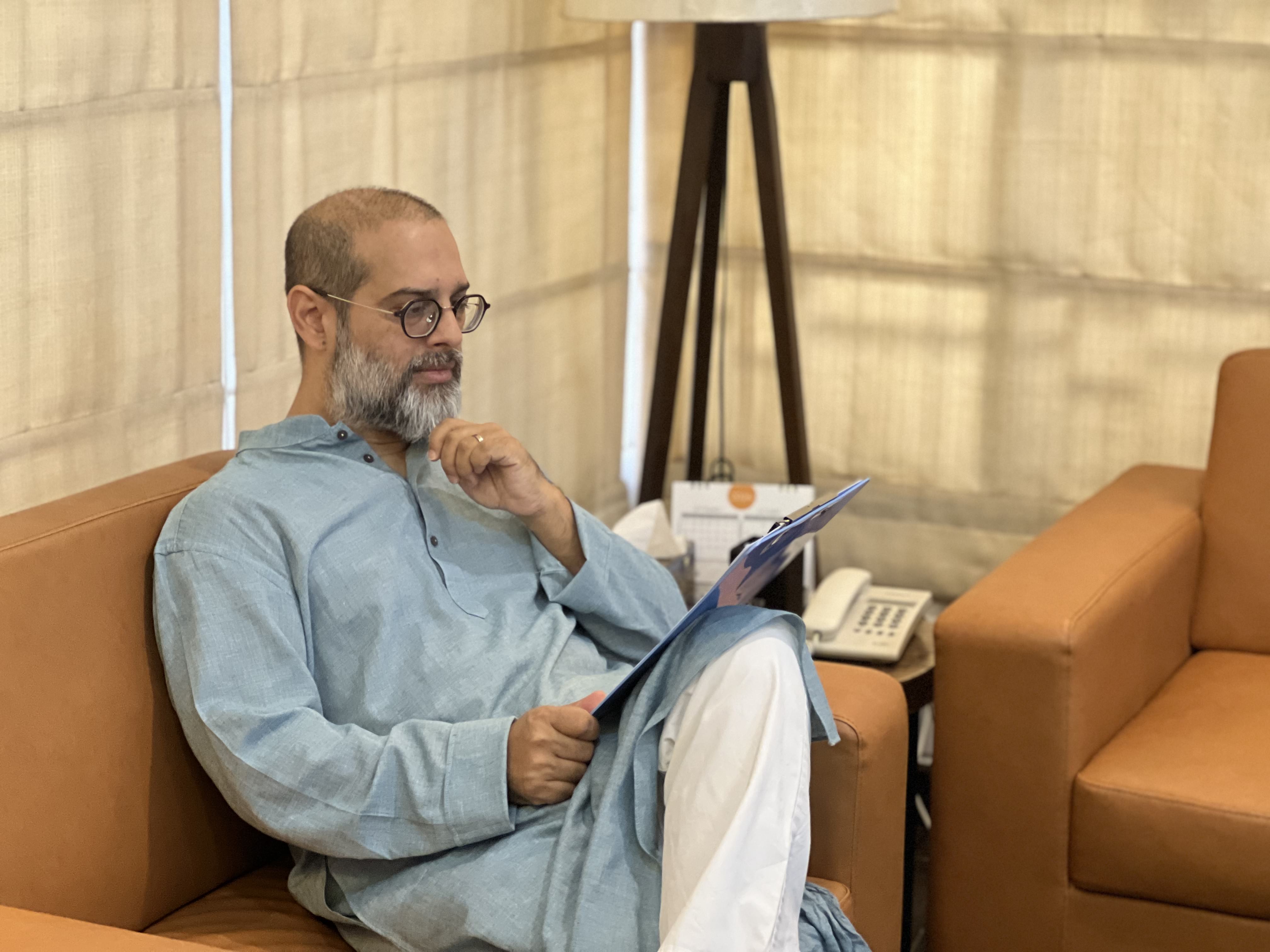
The movement has been quite centralized around Dhaka, which presents a challenge as they seek to establish chapters in universities and other areas across the country. Bridging those divides will take effort, but I do expect to see new political formations arise, which would be a positive development. That said, these things take time; I don’t think new parties will emerge in just 12 to 18 months.
Regarding your second question about Awami League, it’s the oldest party in Bangladesh, having been around since 1949. It's the longest-standing, unbroken political party in the Indian subcontinent and has a vast number of loyal supporters. I don’t see the Awami League disappearing entirely. However, they will need to address accountability for their actions over the past decade, particularly in the last month.
There are many good people within the party, and under new leadership, they could potentially make a comeback. But for that to happen, they will need to create a new narrative and philosophy, as the current one has largely lost credibility and left people dissatisfied.
Political parties can and do reinvent themselves, so I believe Awami League has the potential to return. However, given the strong sentiments among young people, it will likely be a long road. I don’t expect them to be a significant force in elections for at least the next decade.
FM: Thank you for your time.
—-

